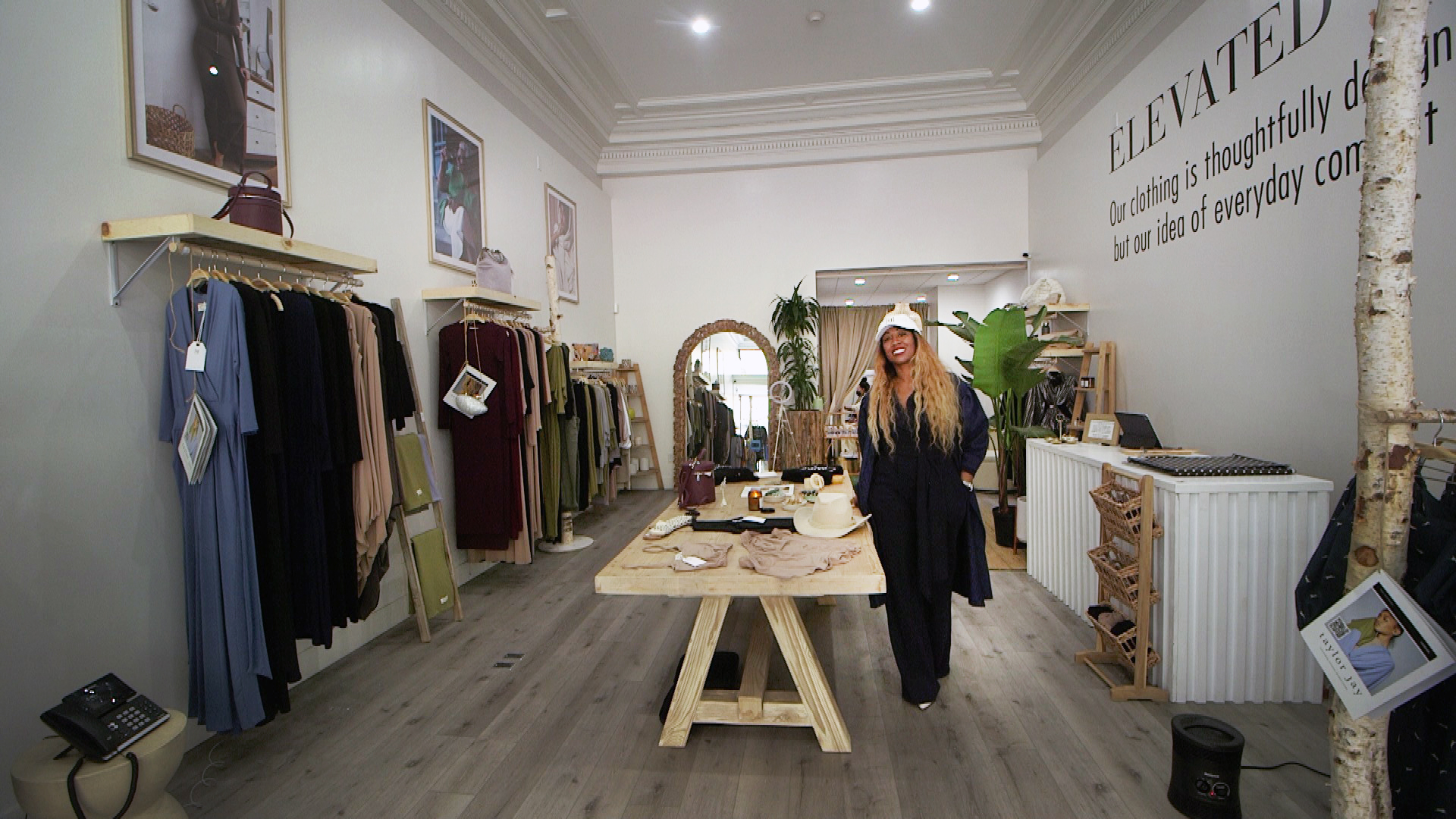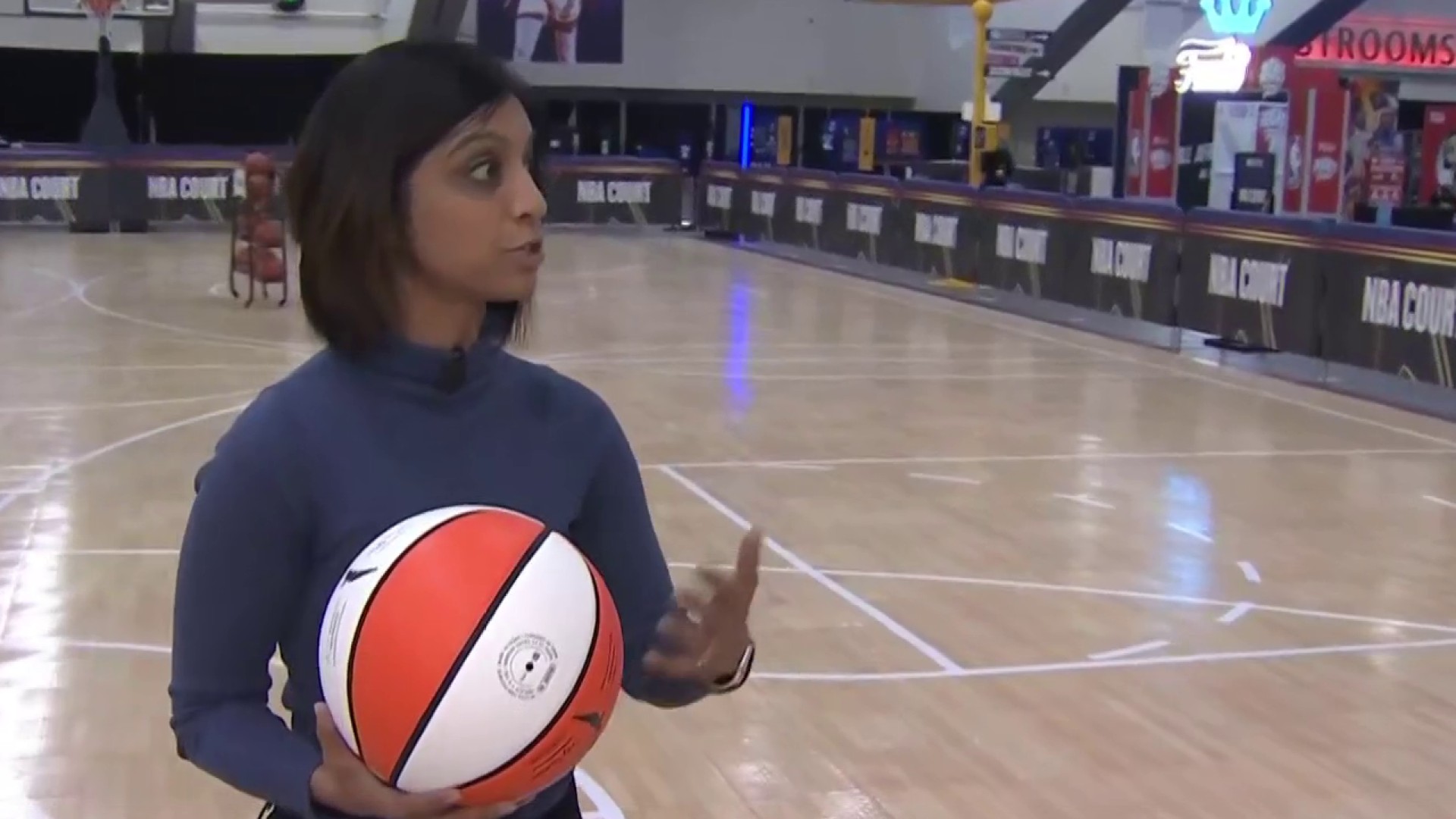Private cord blood banks say your newborn’s umbilical cord blood is an insurance policy against future disease. A new push in California advocates parents to donate that cord blood instead. NBC Bay Area Investigative Reporter Vicky Nguyen reports in a story that first aired on April 26, 2015.
A newborn child’s umbilical cord contains valuable stem cells. Millions of parents spend thousands to privately bank their baby’s cord blood in the hope that it could be used to cure it of certain diseases in the future. The umbilical cord blood business is huge, estimated at $4 billion dollars worldwide. The Bay Area is home to the biggest private blood bank of them all, Cord Blood Registry (CBR).
“We are the world’s largest family cord blood bank. We have over a half million individual samples in storage,” Cord Blood Registry CEO Geoff Crouse, said.
The company’s website and brochures tout the many benefits of storing cord blood. What they don’t emphasize is that very few children ever receive treatment from their own stem cells.
“There’s a low likelihood of use, but still a probability,” said Crouse. “We’ve had 100 families benefit from using stem cells in their current application.”
That’s 100 families out of the 500,000 who have used CBR’s services.
Those services do not come cheap. Private banking typically costs about $1500 in up-front costs. Families can expect to pay another $150 a year to store the blood indefinitely.
Local
Customer Complaints
Some customers haven’t been happy with the results. Out of 26 unfiltered, or recommended, Yelp reviews, more than half of CBR’s ratings were 1 or 2 stars. Complaints range from problems with customer service, billing, and cancellations to how the company collects samples.

Khash Chamlou wrote one of those negative reviews. “I felt so wronged, and just a victim of this corporation basically,” Chamlou said.
He and his wife live in San Francisco now, but were in Iceland when they signed up with CBR to store their son’s cord blood. Chamlou said CBR assured him there wouldn’t be any problems shipping his blood to the US.
“My number one concern was: Would it get to the office?” Chamlou said.
The sample did get to the lab, but once it arrived, the cord blood was no longer viable. “It just basically died and rotted on the shelf, and they tried to do an extraction, but they weren’t able to get a sufficient sample,” Chamlou said.
Chamlou received an email from Cord Blood Registry’s CEO expressing concern, but that wasn’t enough for him. “It was such a loss for me,” Chamlou said.
CBR’s CEO said the company is different now. “We’ve absolutely changed the process as the industry has evolved, and there’s more and more banks available, internationally,” said Crouse. “Our first recommendation is to bank within the country where the baby is born.”
An Industry With Little Regulation
As the Investigative Unit revealed in February, the private cord blood storage industry is very loosely regulated.
Unlike restaurants or nail salons, cord blood facilities are not regularly inspected. The FDA uses a “risk-based approach” and only inspects about 30 banks each year out of 310.
In some of those inspections, the FDA found unsanitary conditions, including insects.
In fact, the American Academy of Pediatrics tells parents not to pay for private cord blood banking at all. In a policy paper, the organization writes, “Private storage of cord blood as biological insurance should be discouraged.”
The organization says if a child comes down with a serious illness that stem cells could treat, the banked cord blood would likely have the disease as well. In this case, the child might benefit more from a transplant of someone else’s stem cells from a public bank.
Public Donation
“The use of your own child has been oversold a bit by the private or family banks,” said Susan Pontow, Co-Director of the UC Davis Cord Blood Collection Program.
Some hospitals are set up to give families the option of donating their newborn’s cord blood to a public bank where it can be used to treat someone else.
“It’s a way to save a life right after you’ve given life,” Pontow said. “When a mother donates her unit, it can be used for anybody in the whole world. It’s really a global network.”
[[299991001, C]]
In California, donated blood is stored at the San Diego Blood Bank. The bank’s CEO, David Wellis, says donated cord blood is much more likely to save a life. “We have about 2,000 cord blood donors registered on the national marrow program, bethematch.org,” said Wellis. “147 patients have benefitted from the cord blood units that we’ve stored [in California.]”
Statewide, 11 hospitals offer the option to donate, but none are in the Bay Area. The state wants to increase awareness about the benefits of public donation and expand the number of hospitals that offer it.
For now, parents who pay for private cord blood banking should know they’re paying for an insurance policy they are unlikely to use.



